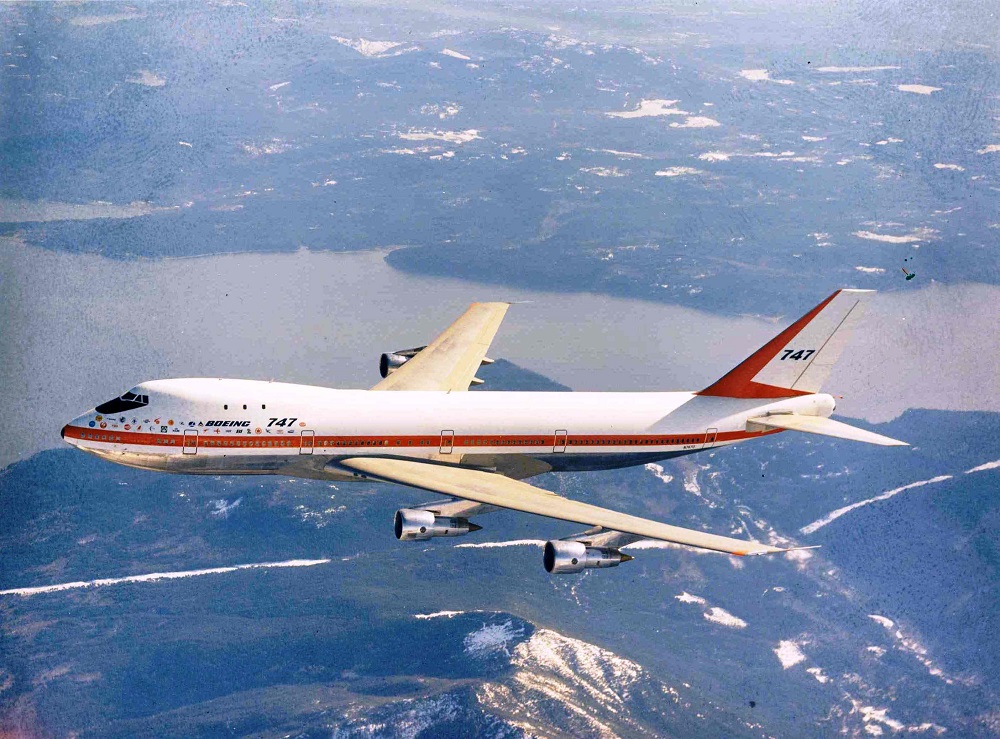A strategic partnership initiated by the Federal Government with financial institutions and leasing companies is a crucial step towards expanding accessibility to aircraft within the country’s aviation sector.
The Chief Executive Officer, Captain Ado Sanusi, stated in a virtual press conference that the partnership should guarantee lessors that the government stands behind them to safeguard their assets and investments in Nigeria.
He said, “The low-hanging fruit for the government to bring stability to the sector is to provide accessible aircraft to aviation companies in Nigeria. The federal government needs a partnership with leasing companies.
“This partnership would ensure sovereignty, providing a guarantee to lessors that they are supported in protecting their assets and investments in Nigeria.
“The government should be saying things like, “Look, we would do anything to retrieve your assets in the event there is a default, but we don’t want that to happen.”
The CEO said the government should ensure that the financial sector establishes a robust economy that provides access to foreign exchange, as this would enable ease of npayment for lease rentals.
However, these calls came amidst ongoing efforts by the Minister of Aviation and Aerospace Development, Festus Keyamo, to revitalise Nigeria’s aviation sector and position it for sustained growth.
Last month, the minister said it was in discussion with aircraft leasing and manufacturing companies in a move to stimulate local investments in the country’s aviation sector.
Keyamo said the significance of aircraft leasing, especially dry leasing, was a key factor in enhancing the operations of local operators in the airline industry.
He mentioned that major airlines worldwide relied on dry leasing, as no airline or government could fully afford to purchase its entire fleet of aircraft.
“We are determined to go far and wide to woo aircraft leasing companies and aircraft manufacturers to come to our aid. There is no shame in doing this now since we lack the capacity to produce our own aircraft or to purchase them,” said Keyamo.
In September 2023, Airbus, one of the leading manufacturers of aircraft, revealed that an additional 159 aircraft would be needed to serve the Nigerian market by the year 2024.
It also said Africa would require an additional 1,180 aircraft between 2019 and 2042, while at least 75 per cent of such aircraft, representing 880, would be typical single-aisle and 300 of such airplanes would be wide-body.
Nigerian airlines are faced with multiple taxes and charges, leading to high operational costs, increased airfares, and poor investment.
According to Sanusi, these challenges should be addressed to ensure that airlines experience sustainable growth.
The CEO urged that the Nigeria Customs Service, the Federal Airport Authority of Nigeria, and other relevant parties align their efforts towards the common goal of growing the aviation sector.
“Not that by the time you bring the airplane, the customs is there thinking of how the milk money will go back into the government coffers. If you are doing that, you are also killing the sector. We have to put everything together to ensure sustainability in growth,” Sanusi concluded.
SOURCE: PUNCHNG











